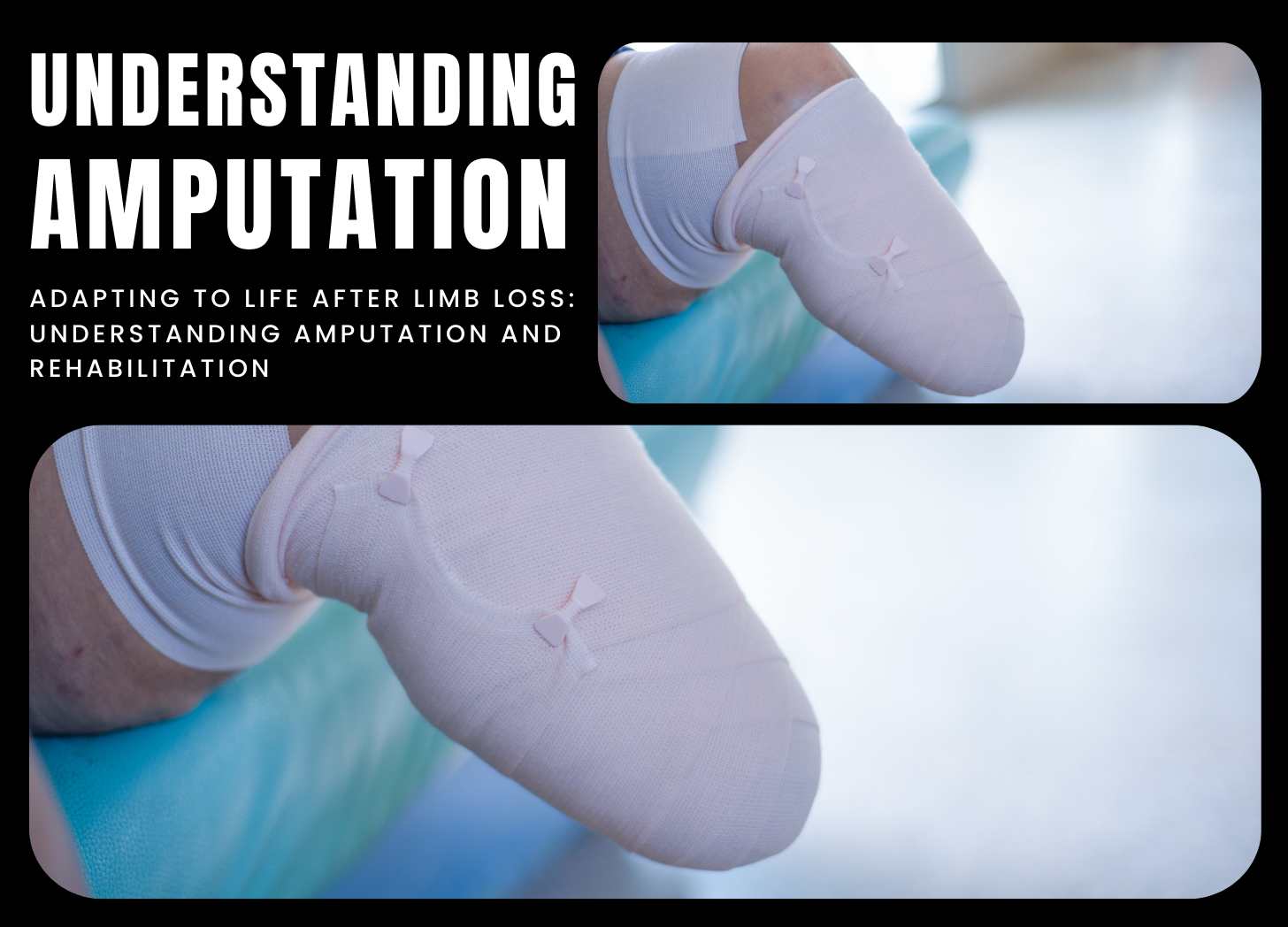Contact Us
Contact Us

Amputation is the surgical removal of a limb or a portion of a limb due to injury, disease, or other medical conditions. This life-altering procedure can have significant physical, emotional, and psychological consequences. Amputations are performed to remove damaged tissue, prevent the spread of infection, alleviate chronic pain, or enhance mobility and quality of life.
Amputations may be necessary for various reasons, including:
Amputation requires a thorough assessment and planning by a multidisciplinary team, including surgeons, physical therapists, occupational therapists, prosthetists, and psychologists. The surgical approach aims to remove the damaged tissue while preserving as much healthy tissue as possible to promote healing and improve functional outcomes. The type and level of amputation, ranging from partial foot to above-the-knee or above-the-elbow, depend on the injury or disease’s location and severity.
Post-surgery, individuals undergo a comprehensive rehabilitation program to regain mobility, strength, and independence. Key components of rehabilitation include:
Prosthetic devices are often used to replace amputated limbs, restoring function and mobility. Advances in prosthetic technology have led to the development of sophisticated limbs that closely mimic natural movement and offer enhanced comfort and functionality. Prosthetists work closely with patients to customize prosthetic devices to meet their specific needs and preferences, providing ongoing support and adjustments as necessary.
Psychological support is crucial for individuals adjusting to life after amputation. Coping with limb loss can be challenging, leading to feelings of grief, loss, anxiety, and depression. Counseling and support groups provide emotional support, information, and coping strategies to help individuals navigate the physical and emotional challenges of amputation.
While amputation represents a significant loss, many individuals can adapt and thrive with the proper support, resources, and rehabilitation services. By addressing the physical, emotional, and psychological aspects of limb loss, individuals can achieve optimal recovery and regain a sense of control and independence in their lives.
Post a Comment